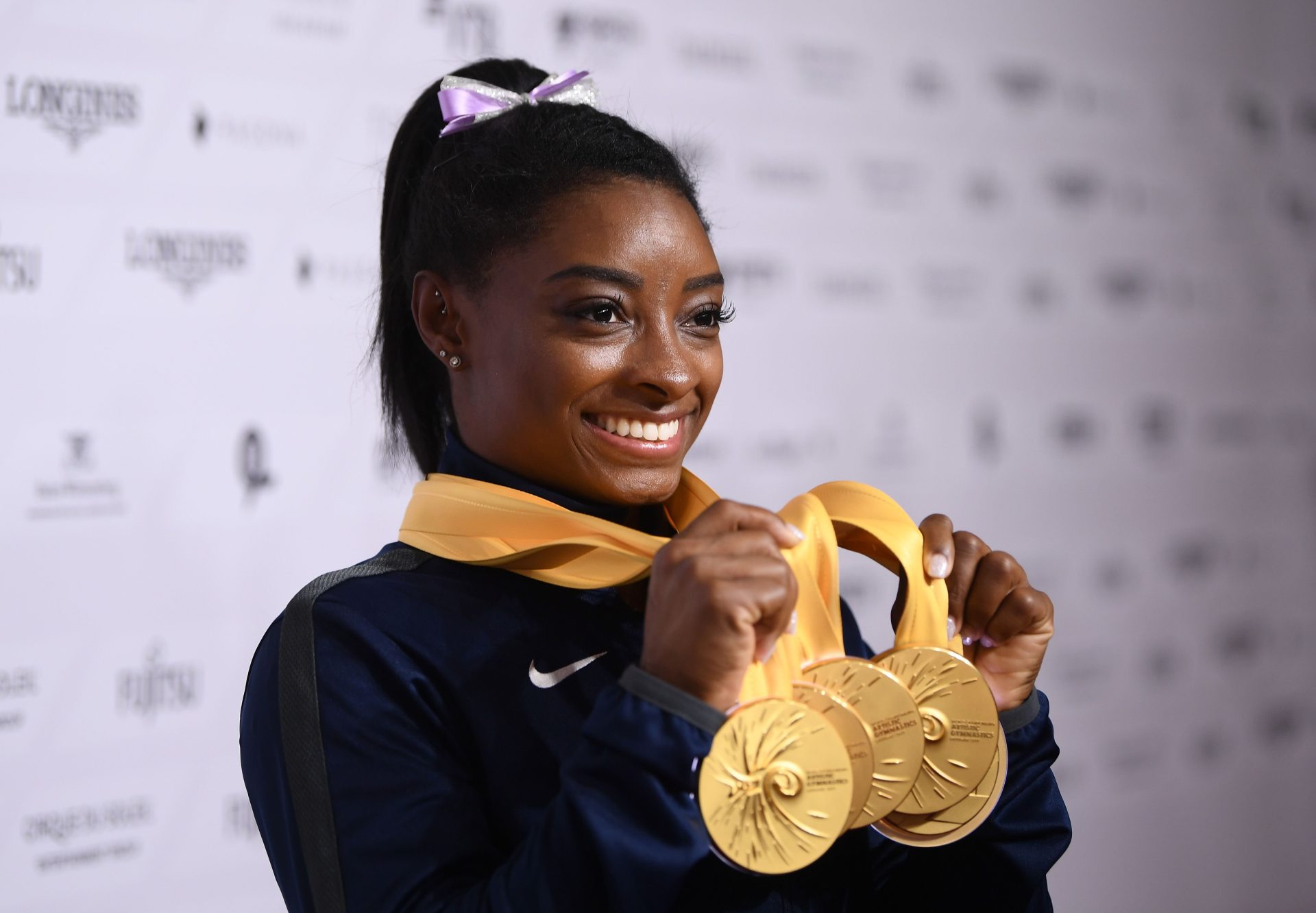In a recent Olympic boxing match, Lin Yu-ting of Chinese Taipei (Taiwan) emerged victorious in the 57 kg round of 16, securing a unanimous decision against Uzbekistan’s Sitora Turdibekova.
Lin’s dominant performance showcased a clear biological advantage, resulting in an overwhelming defeat for her female opponent.
However, controversy arose due to Lin’s disqualification from the world championships earlier in March 2023 by the International Boxing Association (IBA) for failing to meet gender requirements.
This decision led to Lin being denied a bronze medal at the event.
The disqualification was based on claims by IBA President Umar Kremlev that Lin possessed “XY chromosomes,” indicating male biological characteristics.
In response, the International Olympic Committee (IOC) intervened and removed the IBA as a governing body, placing its Paris 2024 Boxing Unit in charge.
The Paris Boxing Unit has been known for its more lenient regulations regarding gender eligibility. Despite these disqualifications and controversies, both Lin and another trans boxer, Algeria’s Imane Khelif, were allowed to participate in women’s boxing at the Paris Olympics.
This decision sparked significant outrage when Italy’s Angela Carini forfeited her bout against Khelif after just 46 seconds. The IOC responded by asserting that all athletes participating in the Olympic boxing tournament comply with eligibility regulations.
Despite criticisms and negative public sentiment surrounding these decisions, particularly after Carini’s abrupt withdrawal from her fight with Khelif, the IOC stood by its position and emphasized that every athlete has the right to engage in sports without facing discrimination.
Looking ahead, Khelif is set to compete in the 66kg quarterfinals against Anna Luca Hamori of Hungary while Lin will face off against Svetlana Kamenova Staneva of Bulgaria in the 57kg quarterfinals.
As this story unfolds on a global stage during one of sports’ most prestigious events, it raises important questions about fairness within competitive athletics and highlights ongoing debates about gender eligibility in sports competitions.



